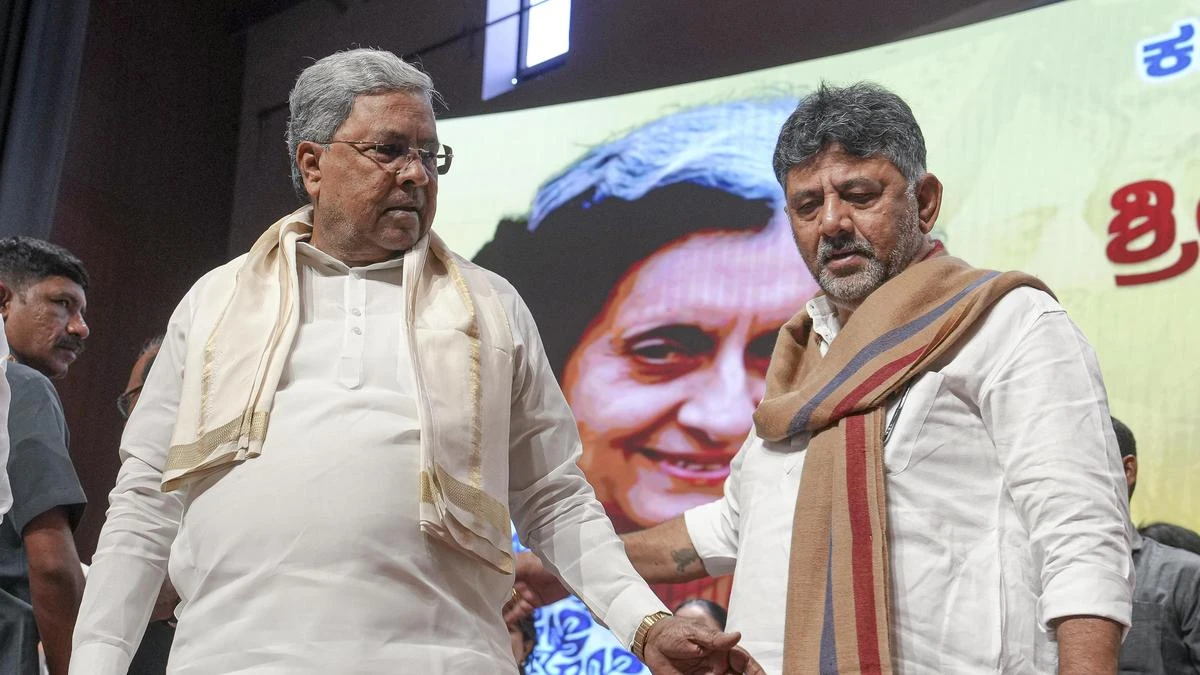The adoption of inclusivity and policy-based politics by young voters in elections from New York to Virginia is challenging the cultural divide. When Zohran Mamdani won the election for mayor of New York City, it meant more than just a local election. There was a generational shift – from anger-based politics to inclusivity, empathy and good governance. This has signaled a new political energy. Gen-Gies and young millennials in the US are reshaping the election results. Reports show that they are more influenced by everyday issues—such as rent rates, student loans, stable wages and the cost of living—less by party and ideology. Mamdani addressed these concerns in his campaign. The value system of this generation is different. It involves authenticity rather than appearances, social justice and empathy rather than rhetoric. This is the undercurrent being seen among the youth in democracies around the world, from Nepal to Bangladesh and Madagascar – where they are seeking transparency, inclusivity and participation in decision-making. Mamdani's victory is not just a demographic advantage, but a desire for a leadership that embodies values. This shows that young voters should be seen as those who expect both empathy and delivery. It is true that in the last decade, the world has leaned towards the right — populist nationalism, strong leader politics and cultural polarization. Yet the results of several U.S. elections in 2025 suggest that the tip of the balance is shifting back to the center. From mayor to governor, Democrats have won many provinces and cities. Indian-origin Ghazala Hashmi was elected lieutenant governor of Virginia. Democrats also captured the governorship. Progressive candidates also managed to hold strong in New Jersey and California. What emerges from all this is not just the party's performance, but the pattern behind it — inclusive messaging, young candidates and campaigning focused on real issues rather than resentment. These results indicate that urban and suburban voters are preferring real values over spectacle. These results can also be seen as a response to President Donald Trump's noisy, polarizing, narrative of identity vendetta, and a political style that is culturally clashing. For a city like New York, full of diverse young people, this explanation seems logical. But even now it cannot be considered a nationwide mandate. One election cannot erase the structural divisions of American politics. Yes, this result does mark the beginning of generational shifts in expectations and tones. The divisive appetite seems to be waning, and the quest for purpose and inclusivity is taking its place. But whether or not this change will be sustained depends on how the two parties change themselves and how durable the Gen-G engagement is. The real story of Mamdani's victory lies in leadership. His campaign focused on sound policy, not ideological drama. It showed that in today's politics, the advantage belongs to those who can combine practical implementation with trust. Their engagement that transcends the boundaries of race and religion speaks to the diversity of New York voters as well as the maturity of a generation that refuses to consider itself isolated. This calm, participatory and policy-based style of leadership can model urban governance in the years to come. But the big question that arises is whether this model can extend beyond metropolises, even to the suburbs and rural America, where the appeal of Trumpism is still strong? The signal is clear to the people of India as well: the younger generation everywhere is pushing for a politics in which participation is placed above appearances. Whether it's Kathmandu, Dhaka, Antananarivo or New York, young people want leaders — who talk about real issues, not ideological dogma. Young voters have created a new narrative of politics, defined by empathy, pragmatism and global awareness. It is more of a warning than a revolution that politics first takes a turn in the cities, then its echoes spread out. (These are the author's own views)
0 thoughts on “Lt. Gen. Syed Ata Hasnain's column: Young and Gen-G voters are forging a new politics.”
Leave a Reply
Your email address will not be published. Required fields are marked *
RECENT NEWS
- Laalo-Krishna Sada Sahaayate’ beats Chhaava to score the biggest 6th week of the year
- Tussle for leadership change in Karnataka intensifies as MLAs loyal to D. K. Shivakumar move to Delhi to put pressure on Congress high command
- Kantara 2 earns over Rs 621 crore in 50 days
- Divya confronts Mukesh Bhatt for his comments, shares call recording
- De De Pyaar De 2 falls short by almost Rs 10 crore to part 1's first week collection



















